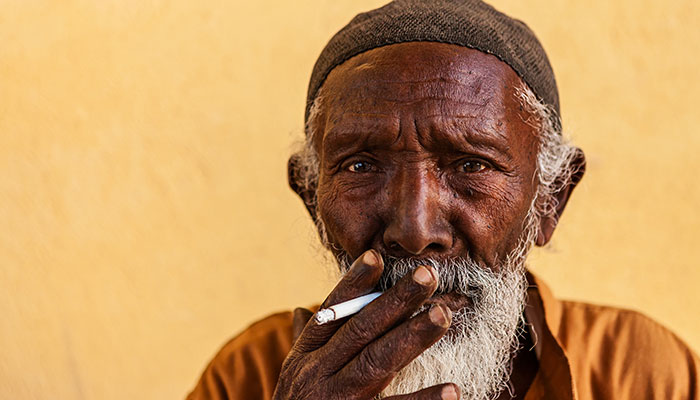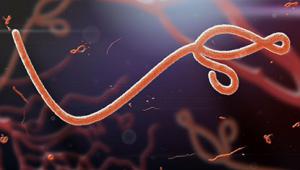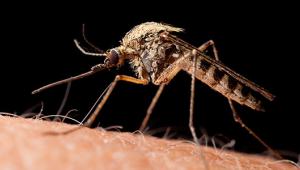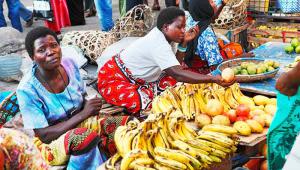Matshidiso Moeti, WHO’s regional director for Africa, noted that much of the world’s attention and resources have focused on emerging viruses in recent years, and “deservedly so”.
But within the next few decades the number of people that fall ill and die from these diseases is likely to be surpassed by that of ‘non-communicable’ illnesses, which are more closely linked to lifestyle risks like smoking, drinking and a poor diet.
In Africa especially, the WHO found that most adults have at least one risk factor that increases their chances of developing a life threatening disease.
“Amidst emergencies [like Ebola or Zika] we cannot lose sight of the enormous health dangers posed by non-communicable diseases, especially since many of these can be prevented through changes in behaviour and lifestyle,” stressed Moeti.
Worldwide, deaths from non-communicable diseases (NCDs) will reach 44 million within the next four years – an increase of 15% from WHO’s 2010 estimate.
Africa is likely to assume a substantial portion of this growing health burden. The WHO study, which consolidated already available data, found in half of the African countries surveyed, one quarter of adults had at least three risk factors.
This raises the probability they will become ill with one or more NCD during the course of their lives.
High blood pressure is an especially large problem – its prevalence is higher in Africa than anywhere else in the world, at an estimated 46% of all adults.
Abdikamal Alisalad, a director of NCD’s for the WHO, said this is “particularly worrisome”, because high blood pressure is a “silent killer” that often goes unnoticed until it is too late.
It can damage the heart, leading to heart attacks or heart failure and cause a build of fat in the arteries that causes them to harden. It also contributes to stroke, kidney damage and vision loss, among a number of other conditions.
However these can all be avoided with the right medication and changes to lifestyle. A person’s risk of high blood pressure, as well as other NCD’s like cancer, can be reduced through quitting smoking, drinking in moderation, eating fruit and vegetables and exercise.
The WHO study also found that sub-Saharan Africa is the only region in the world to suffer from the double burden of malnutrition and obesity.
“These surveys have provided us with an extremely valuable – albeit alarming – picture of the health risks that confront [Africa],” said Moeti. “Now it is up to public health officials, government leaders and the people themselves to take action.”














